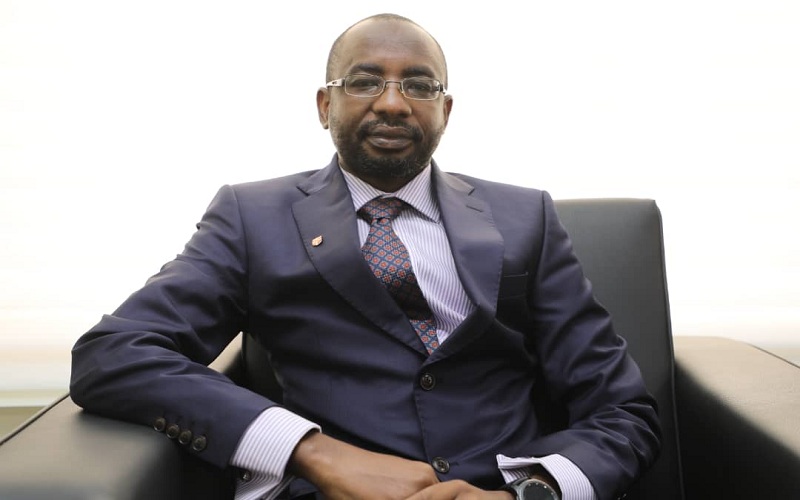In the last one year, NITDA under Mallam Kashifu Inuwa Abdullahi has carried out different IT project interventions across the country, including building 80 Digital Capacity Training Centres (DCTCs) with E-Learning facilities, 6 IT Hubs, 6 IT Community Centres, 4 IT Innovation & Incubation Parks, and 3 IT Capacity Training Centres, all aimed at bridging the digital divide and providing access to the unserved and underserved population.
Nigeria is today listed among the top three countries in Africa attracting the largest investments from Venture Capitalists among its flourishing Technology Startups and Hubs. NITDA under Mallam Kashifu Abdullahi no doubt contributes immensely to this positive narrative, a claim the NITDA DG corroborates.
“Interestingly, Nigeria occupied the first position with a total investment of US $747 Million, followed by Kenya with a total investment of US $564 Million and Egypt that attracted a total investment of US $211 Million,” he said.
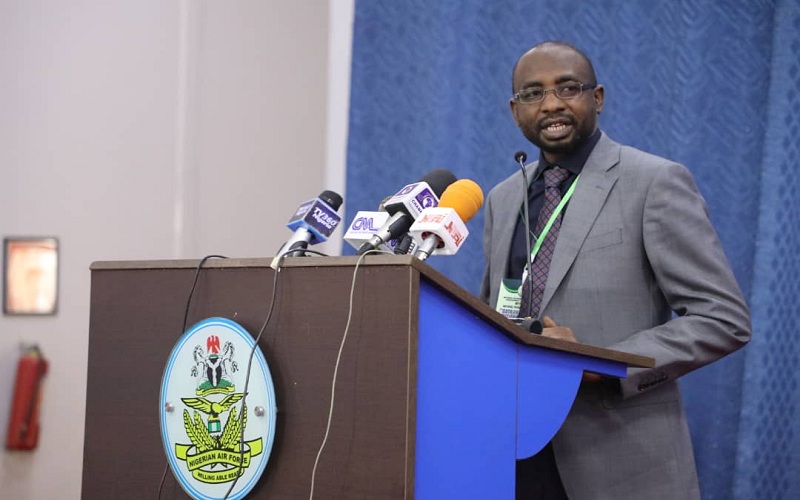
It is in a bid to consolidate these efforts that NITDA has embarked on a series of initiatives aimed at providing a conducive environment and support for the Start-up ecosystem.
These initiatives include the NITDA Technology Innovation and Entrepreneurship Support Scheme, targeting startups hub owners and youth with talent and building their skills in high-demand skills; Policies such as Tax Incentives for startups, incentives for investors and access to the market for innovation adoption; and Establishment of Innovation and Research Fund to further catalyze the growth of startups.
Others include the Development of an Innovation Portal to monitor the activities of the ecosystem; FinTech software, which is already exported; the innovation fund established by Government will reduce risk and attract FDI; and Establishment of the Tech4COVID19 Initiative to measure the impact of COVID-19 on the tech ecosystem and proffer solutions, especially for startups.

The committee has come up with a Strategic Plan to ensure NITDA retains about 100,000 ICT jobs and creates an additional 30,000 in the Post COVID-19 Era- recommendations it has since initiated its implementation.
From being a net importer of software into a significant hub for the development of talent for software development in Africa, Nigeria has indeed come a long way. This is evident from the value of investments that come into Nigeria’s startup ecosystem due to the successes of mostly software-powered applications developed by incredibly smart Nigerians.
For Abdullahi, “This can be seen in the growth and capacities harnessed in the country’s technology hubs, mostly around Lagos and Abuja. Also, there are numerous software houses churning out software to support banking, commerce and government processes in Nigeria.
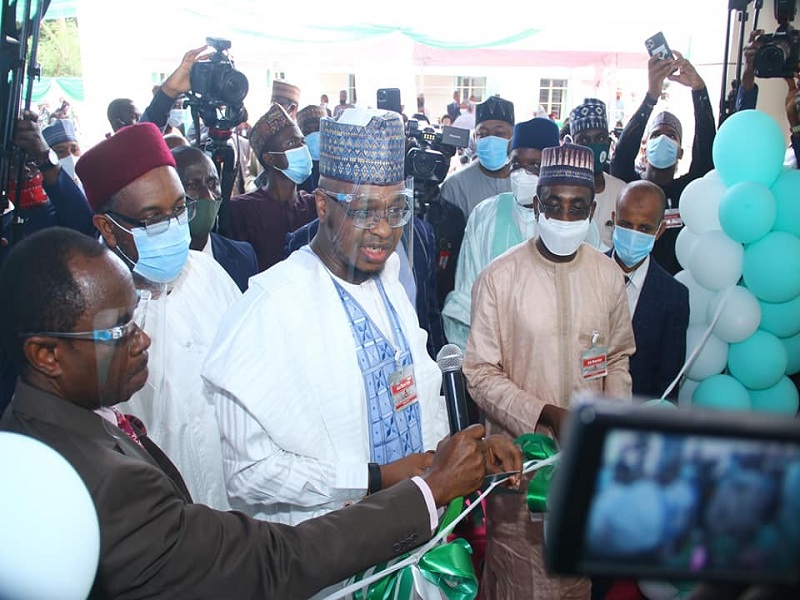
“This is a testament to the ingenuity of Nigerians developing software to almost sufficiently meet local needs. However, we must strive to become net exporters of software by developing our model to produce more software engineers and find suitable markets for these talents.”
The NITDA DG is a firm believer in the fact that one way to produce more software engineers and find suitable markets for these talents is to prepare to take advantage of the Africa Continental Free Trade Area (AfCFTA), which provides the opportunities for Africa to improve inter-Africa trade generally and trade in services particularly.
“Nigerian Software will benefit immensely from an improved atmosphere in trade-in services. This is important, considering that we already have all the ingredients needed to succeed. There is also the need to continue to incentivize software developers through lower taxes, subsidized development of talent and to create a pipeline of jobs that can be offered locally.
“This will lead to the development of proprietary solutions that can be standardized and sold as services to other countries in Africa or the rest of the world for significant foreign exchange.
“Our initiative – the Technology Innovation and Entrepreneurship Support Scheme is one of the initiatives we have towards talent development. Furthermore, we are in discussion with Microsoft Corporation on the Global Skilling Initiative (GSI).”
In the wake of the COVID-19 Pandemic, NITDA had launched several initiatives in order to ensure that technology continues to enable business continuity while the economy recovers from the effects of the pandemic.
Such initiatives include:
Tech4COVID19 Initiative – This is an initiative set to measure the impact of COVID-19 on the tech ecosystem and proffer solutions especially for startups.
Virtual Startup Clinic – Startups were gathered, mostly young people to meet with mentors, successful entrepreneurs, investors, industry specialists, business consultants and hub operators with the goal of solving problems and challenges they were facing. NITDA held two virtual startup clinics within a time frame of one month.
Nigeria COVID-19 Innovation Challenge – The online innovation challenge was held to meet the challenges the Nigerian society is facing as a result of the COVID-19 pandemic. Five startups with highly innovative ideas were selected for the final challenge and three of them were selected for further incubation. Support of ₦1 000,000, ₦750,000 and ₦500,000 was won by the 1st, 2nd and 3rd winners respectively.
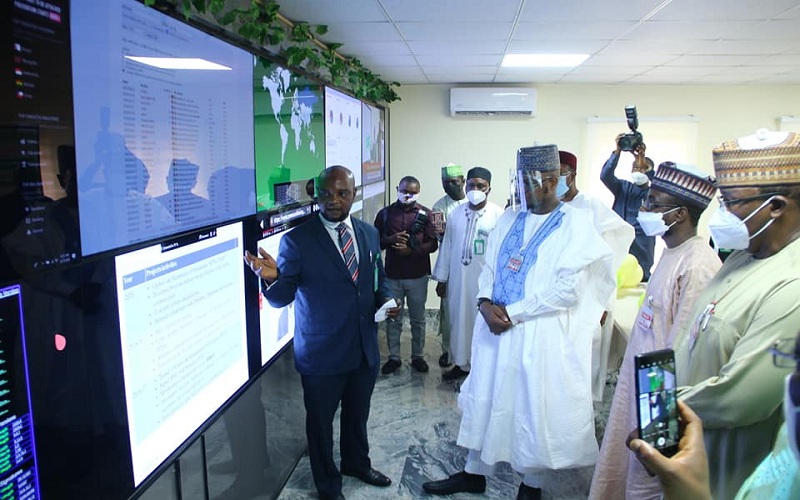
NITDA Technology Innovation & Entrepreneurship Support Scheme – This is a scheme to support startups and hubs across the country. With over 120 hubs in Nigeria, NITDA is finalizing plans to ensure the rapid intervention is provided for hubs and startups based on competence and carefully selected criteria.
Even with the introduction of these initiatives, NITDA is continuing with its SMART Agric Project, where it engages farmers and focus on using precision/smart farming to ensure significant improvement in crop yield, quality of farm produce, efficiency and productivity; increased profit margin, harvest forecast, sales of farm produce and eco-friendly agriculture practice. During this pandemic, NITDA had engaged 130 farmers on this Project.
“Furthermore, we set up and launched the NITDA Academy – a platform for virtual learning where thousands of young Nigerians can have access to a wide range of educational courses and tools online,” Abdullahi said.
It’s not all rosy for Kashifu Inuwa Abdullahi in his first one year in office as Director-General of NITDA. For instance, the DG admitted that the COVID-19 Pandemic has had devastating effects on countries globally, including Nigeria.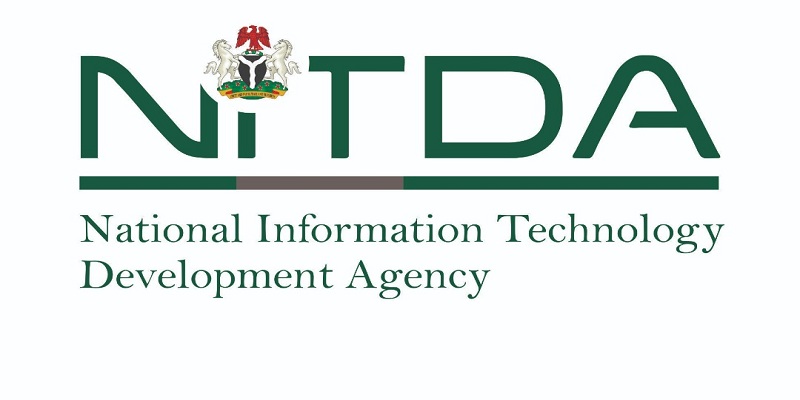
“While looking at the management of the pandemic as challenging, it has been a turning point for revolutionizing of digital technologies to deliver products and services across the world, which is what we refer to as the new normal.
“Therefore, we did not miss the opportunity to prepare for the impact of the pandemic and also provide adequate support to insulate the Technology and Innovation Ecosystem,” the NITDA DG said.
Even though he is just one year into his first term, Kashifu Inuwa Abdullahi has been speaking about what he would be remembered for as DG of NITDA.
According to him, “Nigeria is where I call home and my vision for NITDA and the IT space is to leave behind a legacy; to leave an unprecedented record of achievements that will continue to support the growth and development of the ICT Sector, thereby contributing meaningfully to the lives of Nigerians.”
This recipient of ATCON’s 100 Leading Telecom and ICT Personalities in Nigeria Award by the Association of Telecommunications Companies of Nigeria (ATCON), is transforming Nigeria’s IT ecosystem with such passion and professionalism.

